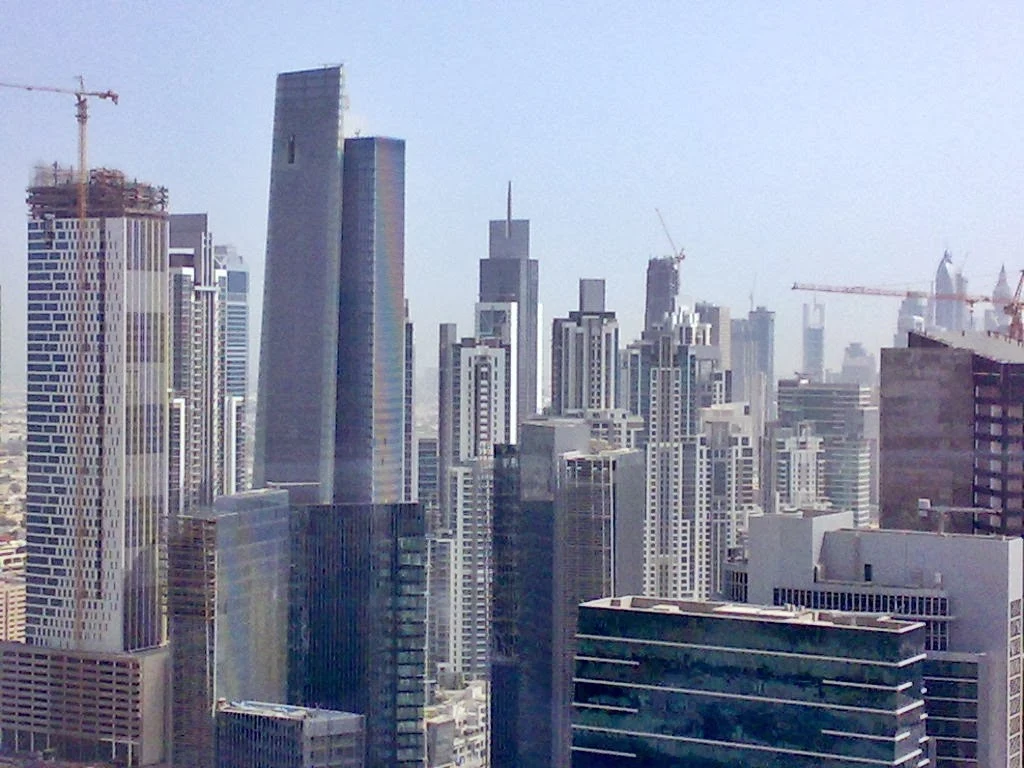Soon teachers will not be permitted to teach in UAE classrooms unless they have a licence, the Undersecretary of the Ministry of Education said Tuesday during Youm Al Wafa’a (Loyalty Day).
“To be permitted to teach in the UAE, teachers will have to have a federal licence that ensures a unified system and teaching standards in schools,” said Marwan Al Sawaleh, Undersecretary at the ministry.
Al Sawaleh said the cabinet ordered the ministry to submit all the suggested procedures and legislations by the end of this year. Once approved and implemented the licence will be required by all teachers in the UAE.
“After the approval the federal licence system will be introduced in phases, to include all teachers under a unified system.”Al Sawaleh made the statement on the sidelines of Youm Al Wafa’a, an annual award ceremony organised by the ministry to honour educational and media supporters as well as retired ministry employees.
“To be permitted to teach in the UAE, teachers will have to have a federal licence that ensures a unified system and teaching standards in schools,” said Marwan Al Sawaleh, Undersecretary at the ministry.
Al Sawaleh said the cabinet ordered the ministry to submit all the suggested procedures and legislations by the end of this year. Once approved and implemented the licence will be required by all teachers in the UAE.
“After the approval the federal licence system will be introduced in phases, to include all teachers under a unified system.”Al Sawaleh made the statement on the sidelines of Youm Al Wafa’a, an annual award ceremony organised by the ministry to honour educational and media supporters as well as retired ministry employees.





